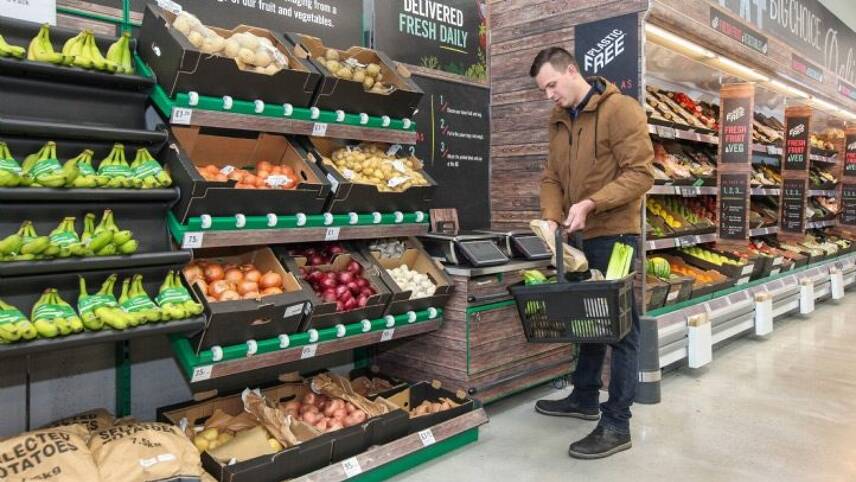Register for free and continue reading
Join our growing army of changemakers and get unlimited access to our premium content

Iceland is working closely with its 100+ own label suppliers on the pledge
Signed by joint managing directors, Richard Walker and Nigel Broadhurst, the letters have been sent to more than 400 suppliers. For own-label suppliers, which are covered by Iceland’s plastic elimination commitment for 2023, a letter was sent outlining current progress and asking for continued support. A separate letter has been sent to branded suppliers not covered by the pledge, calling on them to join Iceland on its plastics phase-out journey.
Iceland’s managing director Richard Walker, said: “We have been working in close partnership with our suppliers since making the commitment, and see their support as crucial in expediting our plastics removal project. We are proud of the positive relationships we have with our suppliers, and the response so far has been particularly reassuring and reflective of the mutual support between our businesses.
“Although our commitment only affects our own label products, we also wanted to write to our branded suppliers to encourage them to join us in working to reduce plastic production, and offer to share our learnings so far.”
Iceland committed to eliminating plastic packaging from its own-label products by the end of 2023 and has so far removed more than 2,100 tonnes of plastics.
Iceland is working closely with its 100+ own label suppliers on the pledge, through regular working groups and has recently launched a Plastics Free Packaging Manifesto.
The Manifesto is a 10-point plan the reaffirms the 2023 deadline date and the need to collaborate with suppliers. Other commitments include: focusing on easily recyclable materials that can be treated at home, minimising packaging, replacing plastics with paper, glass, metal and wood, removing hard-to-recycle plastics like black plastics, use widely recyclable plastics and compostable materials, report on progress annually and lobby for national food waste collection.s
Branded suppliers such as Young’s Seafood and Birds Eye have already backed the cause.
A spokesperson for Birds Eye said: “We share Iceland’s passion for sustainability and are fully committed to playing our part in delivering the UN’s Sustainability Development Goals where we have the knowledge and expertise to genuinely make a difference.”
Helen Nickells, Head of Packaging at Young’s Seafood, added: “Young’s Seafood continues to work closely with Iceland to turn down the tap on plastic packaging production. Iceland has approached their supply base with a spirit of collaboration that is helping us to meet Iceland’s own objective to remove plastic by 2023 and helping Young’s to reduce single-use plastics, completely remove black plastic and make the plastics we do use easily recyclable.”
Progress to date
Iceland has adopted a new “plastic-free” mark designed to help consumers make informed choices on plastic packaging, publicly shown support for a nationwide deposit return scheme for plastic bottles and trialled reverse vending machines in its stores. Between May 2018 and January 2019, the retailer collected more than 300,000 plastic bottles using reverse-vending machines at four UK stores and its head office.
The company trialled the removal of plastic packaging from its fruit and vegetable lines at one of its largest UK stores. Switches to date have included cardboard bands for banana bunches, instead of plastic bags; paper shopping bags, instead of plastic bags-for-life; and loose vegetables and fruit instead of pre-bagged multipacks.
The retailer has also claimed that its Christmas range of food and drinks for 2019, which includes 18 plastic-free lines, contains 97% less plastic than its 2017 range.
Matt Mace


Please login or Register to leave a comment.